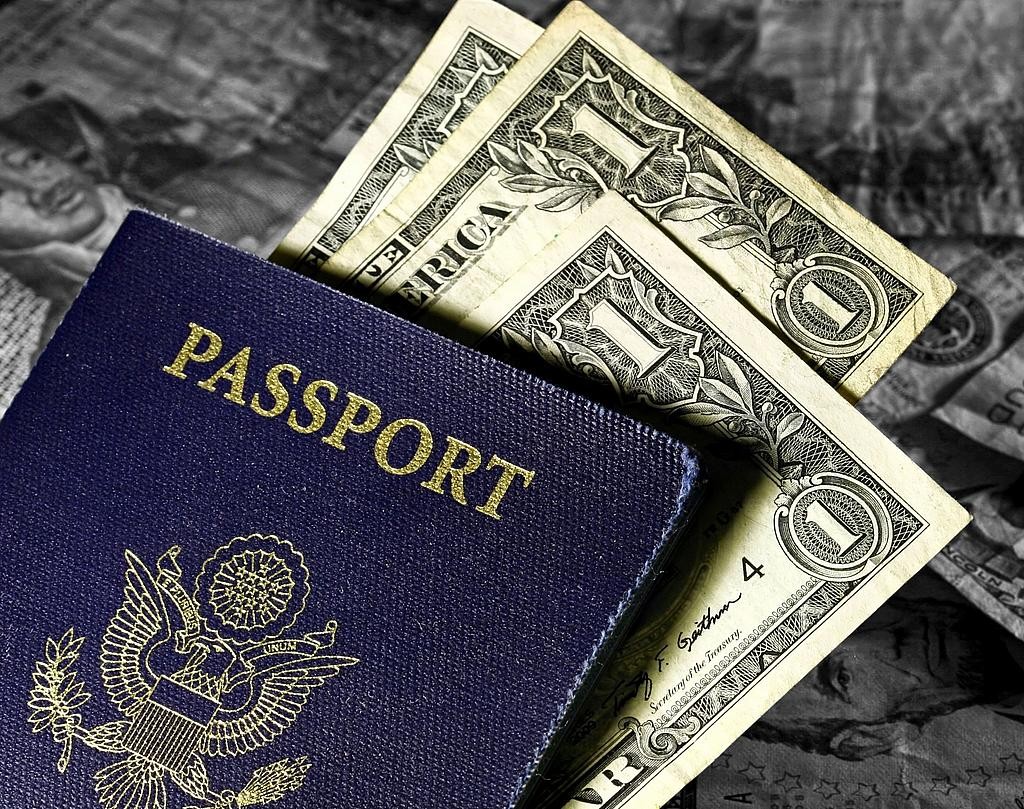New Delhi: India is planning to push for an agreement among the BRICS nations on business visa liberalization and issuing business travel cards during the eighth annual summit of the five-member grouping in September.
India is holding the chairmanship of the grouping of Brazil, Russia, India, China and South Africa for one year.
The visa liberalization is expected to allow businessmen multiple-entry business visas for a longer period of time, a commerce ministry official said, requesting anonymity. “Each presidency will have its own agenda. We will focus on cooperation in the field of micro, small and medium enterprises (MSME), and business visa and travel card related issues as well as measures for easier movement of professionals,” the official said.
There will also be a trade ministers’ meeting just ahead of the summit as well as a trade exhibition, the official added.
The meeting will be held amid calls that India should dissociate itself from BRICS as it is an outlier among the five. While Brazil and Russia are in deep economic trouble because of the crash in oil and commodity prices, both China and South Africa have slowed sharply because of domestic economic difficulties.
H.S.S. Viswanathan, a former diplomat and a distinguished fellow at the Delhi-based think tank, Observer Research Foundation, said though it is well known that BRICS members are going through economic difficulty, except India, economic performance is only one aspect of the grouping. “BRICS has come a long way in the last 10 years and it has now a much wider agenda. It is also contributing new ideas in political and economic governance. It has been able to establish a global institution (New Development Bank) in record time which is now fully functional,” he added.
The first summit of the BRIC was held in Ekaterinburg, Russia, in 2009 after Goldman Sachs Asset Management chairman Jim O’Neill originally coined the term in 2001.
The grouping was renamed BRICS after South Africa was added to the group in 2011.
At their sixth summit in Fortaleza, Brazil, in 2014, the five emerging economies agreed to mobilize resources for infrastructure and sustainable development projects in BRICS and other emerging and developing economies through a New Development Bank. Last year, India appointed K.V. Kamath as the president of the NDB for five years.
At the seventh Ufa summit last year, India reversed its stand against engagement in e-commerce at the BRICS grouping and agreed for a framework for BRICS e-commerce cooperation “as an instrument to promote current and future initiatives with an aim to build a closer economic partnership in this sphere”. The summit also instructed its trade ministers to continue to explore ways and means in strengthening cooperation on e-commerce.
The theme of India’s BRICS chairmanship will be “Building Responsive, Inclusive and Collective Solutions.” The BRICS economies comprise 43% of the world population, with 37% of world gross domestic product and 17% share in global trade.
Cooperation within BRICS includes areas such as trade and economic, industry, finance, agriculture, health, science and technology, education, energy, migration, information communication and technology, anti-drugs, anti-corruption and culture.
India had invited designs for a logo for use during India’s chairmanship of BRICS summit. “The logo should be able to highlight various aspects of India’s BRICS chairmanship as well as strengths and characteristics of BRICS,” a government note said.
